When it comes to choosing the right supplement for fitness and health, the debate between vegan protein powder and whey is stronger than ever. Many people are shifting towards plant-based diets, while others rely on whey for its long-standing reputation in muscle growth. With so many options available—ranging from diet vegan protein powder to vegan protein powder—it’s important to understand which one truly fits your goals and lifestyle.
Vegan Protein Powder vs Whey: Key Differences Explained
Both protein powders aim to support muscle recovery, weight management, and overall health. However, whey protein is animal-based, while vegan protein powder comes from plants like peas, soy, and rice. This difference impacts digestion, amino acid profiles, and even sustainability. Understanding these key differences helps you decide which option works best for your body and long-term wellness.
What is Vegan Protein Powder?

Vegan protein powder is derived entirely from plants, making it suitable for vegetarians, vegans, or anyone with lactose intolerance. It is available in single-source or blended forms and provides a nutrient-rich alternative to whey.
Pea Protein
Pea protein is one of the most popular vegan protein sources. It is rich in iron and essential amino acids, particularly arginine, which supports muscle growth and recovery. It is also hypoallergenic, making it easier for sensitive stomachs.
Soy Protein
Soy protein has been widely studied and is one of the few plant proteins considered a complete protein. It contains all nine essential amino acids, supporting muscle repair and bone health. Many vegan protein powder options use soy for its high nutritional profile.
Pumpkin Seed Protein
Pumpkin seed protein offers magnesium, zinc, and healthy fats alongside protein. This makes it excellent for heart health and energy. While not a complete protein alone, it pairs well with other plant-based proteins in blended formulas.
Brown Rice Protein
Brown rice protein is easy to digest and provides good levels of cysteine and methionine. Although slightly lower in lysine, it works well when combined with pea protein. It is often used in vegan protein powder organic blends for balanced nutrition.
Blended Sources
Blended vegan protein powders combine pea, rice, chia, or hemp to ensure a complete amino acid profile. These blends are designed to mimic whey’s nutritional effectiveness, while staying plant-based and environmentally friendly.
Vegan Protein Powder vs Whey Protein
Choosing between vegan protein powder vs whey protein comes down to how your body reacts to each and what your fitness goals demand. Both provide high-quality protein, but the digestion, allergens, and nutrient absorption differ.
Amino Acid Profile
Whey protein naturally offers all nine essential amino acids in ideal proportions. Vegan protein powders can also provide a complete profile when blended. The difference is minimal if you pick the right plant-based mix.
Digestion and Absorption
Whey protein absorbs quickly, making it ideal post-workout. However, some people find it heavy on digestion. Vegan protein powder digests more gently, supporting sustained energy without bloating.
Lactose & Allergy Concerns
Whey is derived from milk, which may trigger lactose intolerance or dairy allergies. Vegan protein powders eliminate this risk, offering a clean and allergen-free option for most users.
Muscle Recovery Support
Both protein types aid muscle recovery. Whey may show slightly faster results due to rapid absorption, while vegan protein powder supports recovery steadily and suits those with dietary restrictions.
Beyond Muscle Building Benefits
Protein powders are not just about muscles—they support broader health goals as well. Choosing between vegan and whey depends on what benefits matter most to you.
For Supporting Weight Management
Protein helps curb appetite and boosts metabolism. Vegan protein powder, being fiber-rich, often keeps you full longer than whey, making it great for weight management plans. Including it in snacks or meals can help reduce unhealthy cravings throughout the day.
For Enhancing an Athlete’s Endurance
Plant proteins, when combined, provide slow-release energy, aiding endurance athletes. Whey supports recovery faster, but vegan protein powder may give steadier performance during extended training. This steady energy can help you maintain focus and stamina during long workouts.
For Strengthening Overall Wellness
Vegan protein powders contain antioxidants, vitamins, and minerals in addition to protein. This makes them excellent for overall wellness beyond just muscle support. Regular intake can also support immunity and overall vitality.
For Improving Heart Health
Vegan protein powder organic blends often include heart-healthy nutrients like omega fatty acids and magnesium. These promote better cardiovascular health compared to dairy-based whey. Swapping processed snacks for plant protein shakes can further support heart wellness.
How to Choose Your Protein Powder

The right protein depends on your fitness goals, dietary restrictions, and taste preferences. Considering these factors ensures you get the most from your supplement choice.
Protein Powder for Specific Fitness Goals
If your goal is fast muscle recovery, whey may work better. But if your focus is long-term wellness, weight management, or endurance, vegan protein powder is a smarter option. Choosing the right type of protein ensures your fitness routine works efficiently for your goals.
Personalized Dietary Needs
Those with lactose intolerance, vegan lifestyles, or allergies benefit from plant-based protein. Meanwhile, whey works well if dairy is not a problem, and whey protein isolate is a great option even for those with lactose intolerance due to its minimal lactose content.
Taste & Texture Preference
Whey often mixes smoothly and tastes creamy, while vegan protein powder may be slightly grainier. Today, many brands improve textures with blends for a better drinking experience. Experimenting with flavors and mix-ins can make your protein shake more enjoyable.
Reliable Brand Transparency
Look for brands that disclose their sourcing, nutrition facts, and third-party testing. For example, vegan protein powder options often highlight sustainable farming practices. This ensures you get a safe, high-quality product without hidden additives.
Key TIPS for Optimal Protein Intake
 Simply choosing vegan or whey is not enough—you also need to use them correctly. Following a few key tips helps maximize results.
Simply choosing vegan or whey is not enough—you also need to use them correctly. Following a few key tips helps maximize results.
Proper Timing Matters
Whey protein is best consumed right after workouts for quick recovery. Vegan protein powder can be taken anytime, especially between meals, for steady energy. Timing your intake with your activity level maximizes the benefits for your body.
Daily Protein Target
Calculate your protein needs based on your body weight and activity level. Consistency is key, whether you’re using whey or vegan protein powder. Meeting your daily protein requirements helps maintain muscle, energy, and overall health
Combine with Whole Foods
Pair your protein shake with nutrient-rich foods like fruits, oats, or nuts. This boosts absorption and overall nutrition. Whole-food pairings also add fiber and antioxidants, enhancing overall wellness.
Hydration & Recovery
Protein works best when your body is hydrated. Drink plenty of water and rest properly to support muscle recovery and wellness. Staying hydrated also helps your body digest protein efficiently and reduce fatigue.
Both whey and vegan protein powders are excellent sources of nutrition, but the winner depends on your lifestyle. If you want quick absorption and muscle gain, whey can be your go-to. If you prefer a clean, sustainable, and allergen-free option, vegan protein powder might be the real champion. Ultimately, choosing the right supplement means listening to your body and aligning it with your fitness and health goals.
FAQ
Is vegan protein powder healthier than whey?
Vegan protein powder can be healthier for those with lactose intolerance or dairy allergies. It also offers added nutrients like fiber and antioxidants.
Can you build muscle with vegan protein powder?
Yes, especially with blended sources that provide a complete amino acid profile. Consistency in intake is key to muscle development.
Is vegan protein better for your gut?
Yes, vegan protein powder is gentler on digestion and often contains natural fiber that supports gut health.
Should I buy plant or whey protein?
If dairy suits you and quick recovery is a priority, whey works best. If you prefer a sustainable, allergen-free, and organic option, go with vegan protein powder.

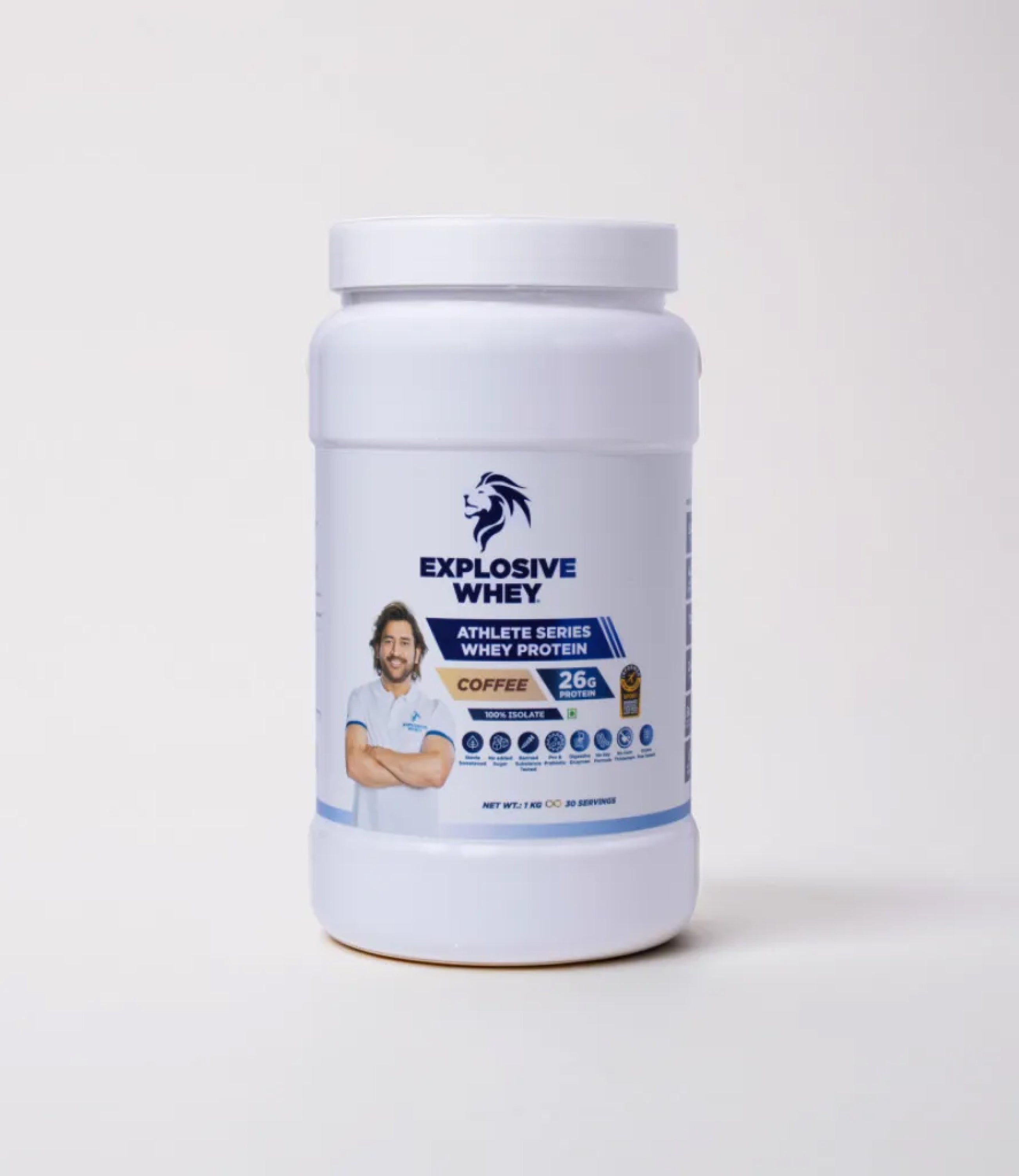
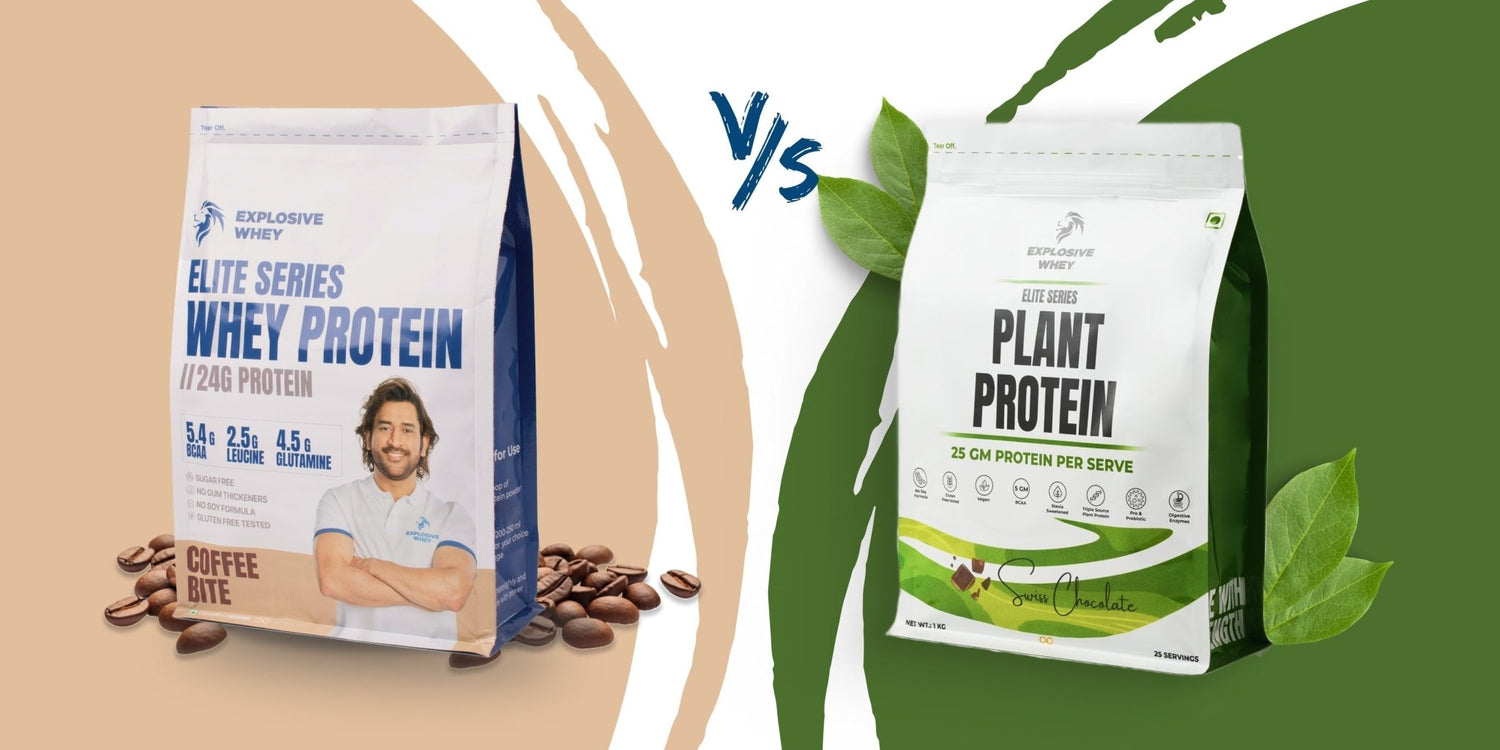
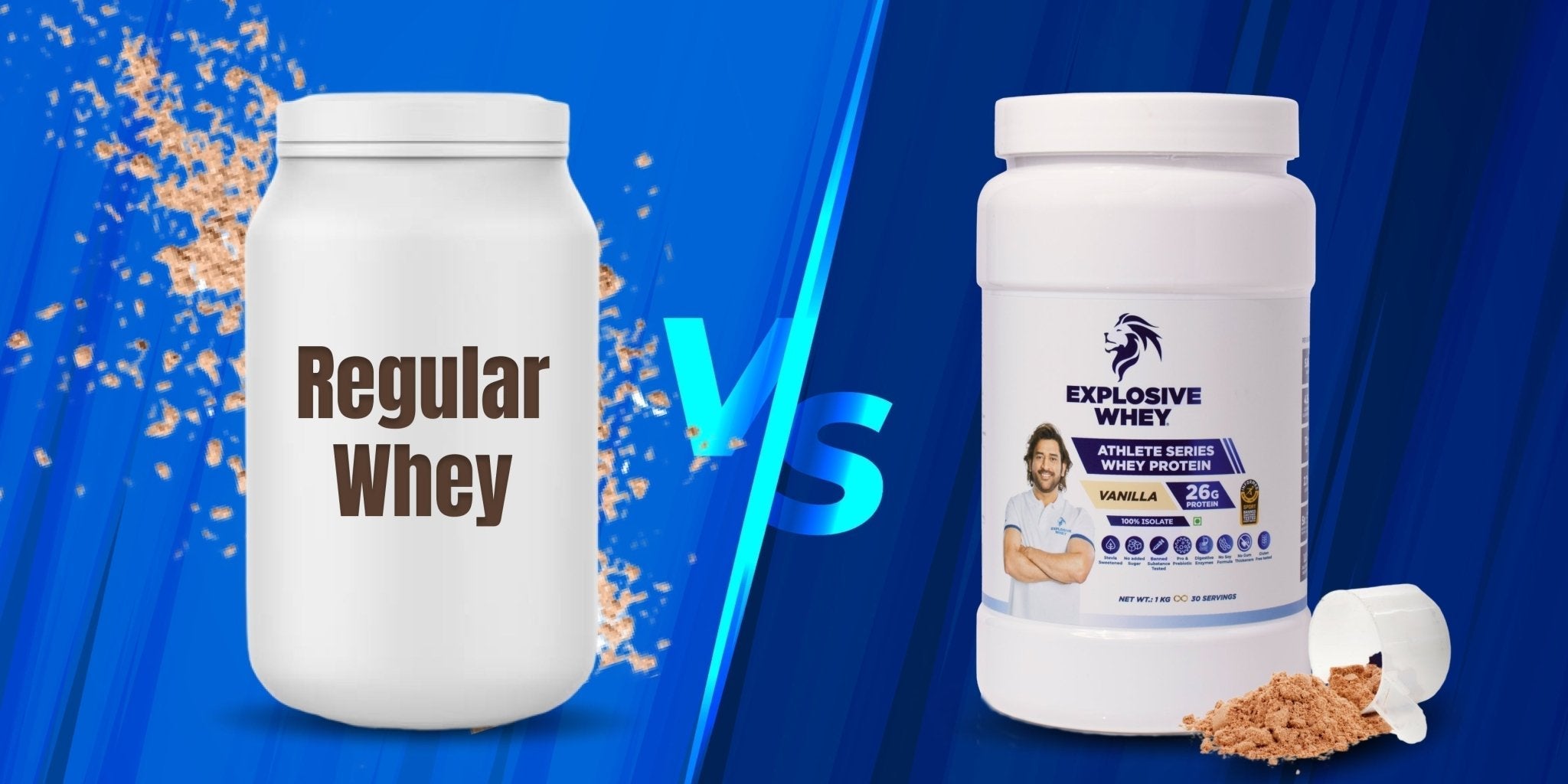




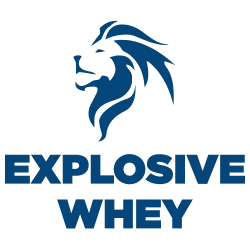
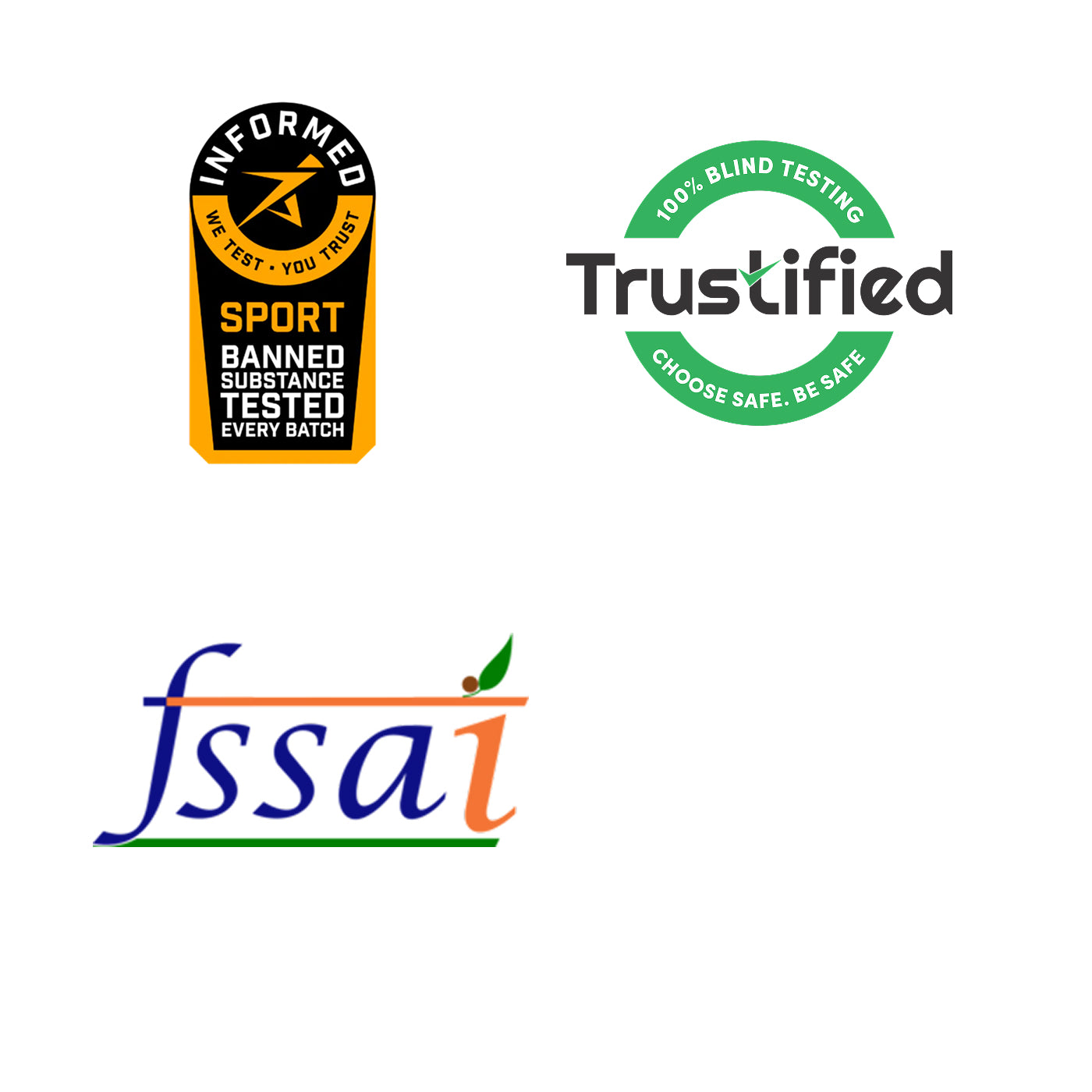
Leave a comment
This site is protected by hCaptcha and the hCaptcha Privacy Policy and Terms of Service apply.